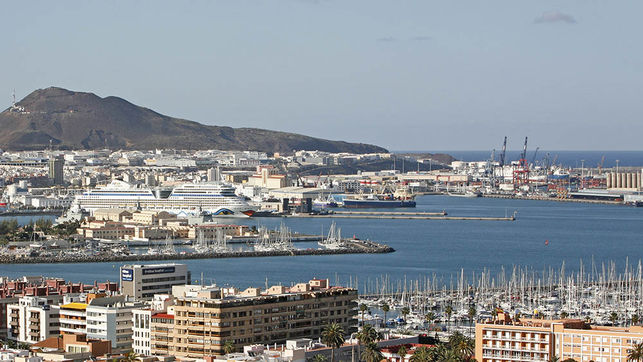I heard a UK economist on the radio this week complaining about high employment levels in the country. Apparently, high employment is bad for the economy, since it forces wage and salary levels upwards, which is bad for UK exports and the overall economy. Conversely, high unemployment level is preferable, according to this economist, since it creates “a competitive employment background”, which results in wage stability and even a reduction in production costs (for this read overall wage stagnation and depression).
Thankfully, I am not an economist, but I guess that most people will view this as simple exploitation of labour. Whether or not it is a good idea will no doubt depend upon your political and social views. Personally, I cannot think that anyone in their right mind would find unemployment acceptable under any circumstances. Still, we are told that we now live in a post-truth world where anything goes.
Unemployment is supposed to be at its lowest level in the UK for many years, even though many jobs are of fragile status by working within the ‘gig economy’ or zero-hours contracts. In contrast, unemployment in Spain and the Canary Islands is still at worryingly high levels.
Unemployment in the Canary Islands remains stubbornly at around 31 per cent, which is one of the highest in Europe. For those under 25 years old, the unemployment rate is at a shocking 56 per cent, accompanied by severe social consequences, as well as destroying dreams and confidence for a generation of young people.
It was encouraging to hear this week that several new and imaginative schemes designed to reverse the trend are currently being deployed in the Canary Islands. The Government of Gran Canaria has recently announced that 220 unemployed people over the age of 45 years and without previous skills will be trained as skilled metal workers in the Port of La Luz in Las Palmas de Gran Canaria, which is one of the largest employers on the island.
The main employer on the site, Femepa, operates 1,600 companies that have job opportunities for welders and electricians, but often faces difficulties in finding workers to fill these vacant posts.
Cars, lorries and motorcycles regularly need repairs, and in the Canary Islands there are over 4,500 elevators that need to pass a safety inspection each year. This new project will also provide job opportunities for the refurbishment of homes and the maintenance of hotels. 220 people will be invited to participate in training courses to work in the metal sector, and Femepa and the island government hope that all those who complete the training will be offered jobs.
These courses are intended for those who have been unemployed for over a year, are over 45 years of age, immigrants, victims of gender violence or have a low level of education.
The Government of Gran Canaria has also announced that it will employ 50 unemployed people to work full time for six months in reforestation tasks. This programme is aimed at women who are victims of gender violence, immigrants and those over the age of 45 years, so that they can learn a trade in a sector in which there is a real demand for professionals with appropriate skills. This specific group of unemployed people will soon learn how to fell trees, climb trees, provide trees with sufficient water and to use specific machinery for forestry tasks.
Both projects are relatively small scale, yet are an attempt to bring hope for the future and an escape for many people who are desperate to break away from the misery of unemployment. In this ‘Alice in Wonderland’ world, I wonder what the UK economist who spoke so favourably of the benefits of unemployment would think of these attempts to give people some hope for the future?
If you enjoyed this article, take a look at my websites: http://barriemahoney.com and http://thecanaryislander.com or read my latest book, ‘Living in Spain and the Canary Islands’ (ISBN: 9780995602724). Available in paperback, as well as Kindle editions.





